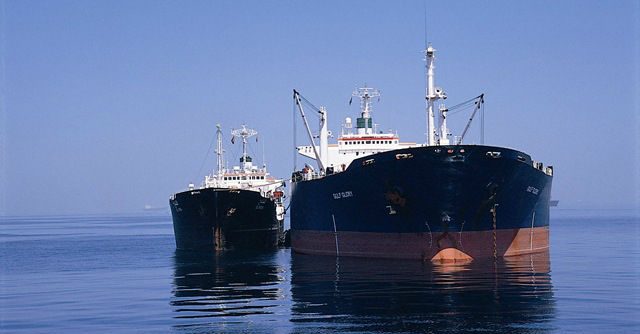There is much room for improvement in bunker industry, which could benefit from a global code of ethics, was the key takeout from IBIA’s bunker conference in late 2017.
Justin Murphy, IBIA’s Chief Executive Officer, opened the final session at IBIA’s Annual Convention in Singapore in November, entitled “Embracing the Ethical Challenge”, outlining, among other things, the effort underway in a working group to develop the “IBIA Guide to Best Ethical Practice”.
According to Mr. Murphy, there is compelling evidence that ethical businesses are more profitable than others. It pays to do the right thing, and there are numerous other benefits. In the long run, corruption is costly and a successful business cannot be corrupt because it will eventually come out and employees operating ‘on the edge’ can get both themselves and the company they work for in trouble.
This message was amplified by Michael A. Lundberg, Senior Counsel – Compliance, World Fuel Services: “Acting ethically is not only the right thing to do, it is good business.”
IBIA ran two polls during the session, with questions and responses as follows:
In your opinion how common or widespread is unethical behaviour in the bunker industry?
- It is very rare – 3%
- It happens occasionally – 21%
- It happens quite often – 50%
- It happens on a daily basis – 26%
The bunker industry would benefit from a global code of ethics?
- Strongly agree – 79%
- Agree 19%
- Disagree 0%
- Strongly disagree 2%
“The results speak for themselves, and if they are representative of views in the wider industry, there is much work to be done,” IBIA noted.
“You have a choice in how you act and who you want to deal with. If everybody endeavours to say no to unethical practices and companies support their employees with awareness training, and setting the right kind of priorities, we can improve business practices.”




























































